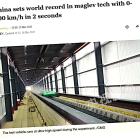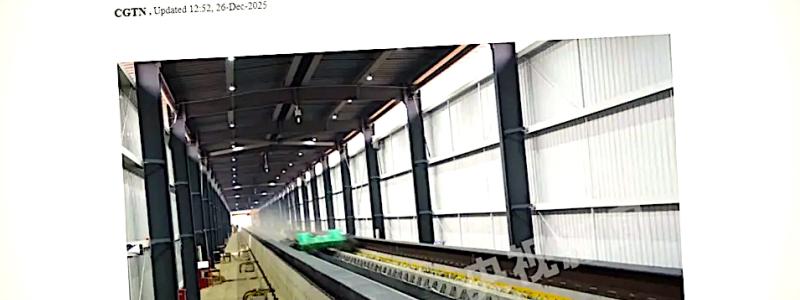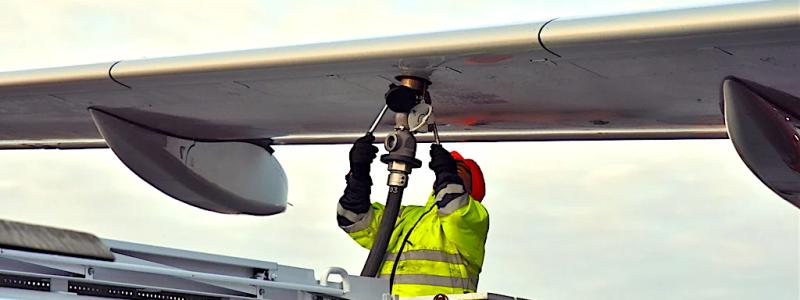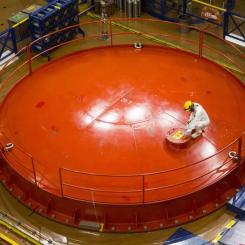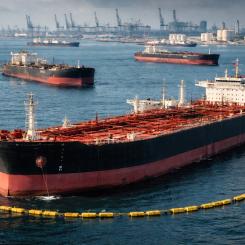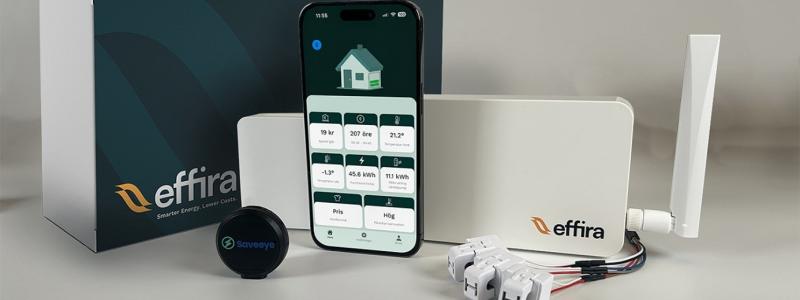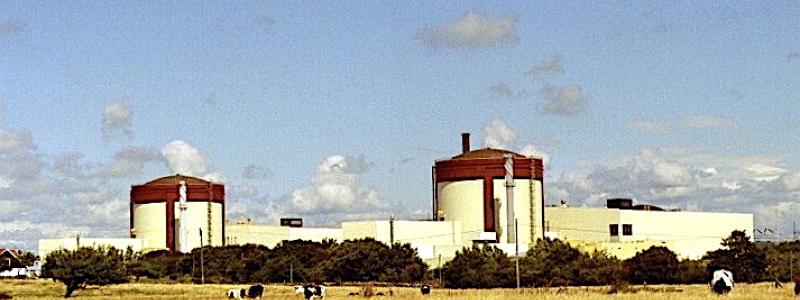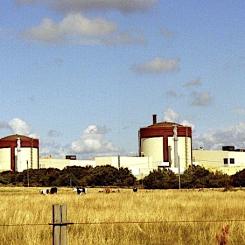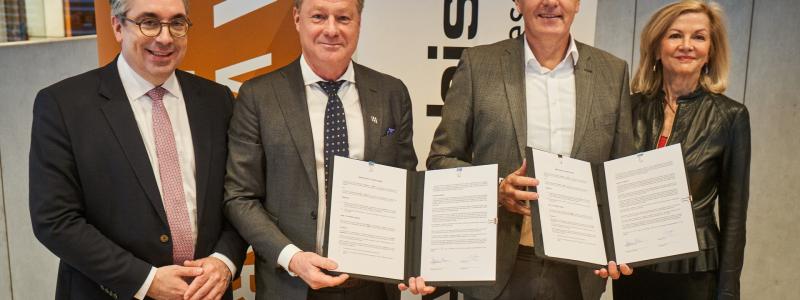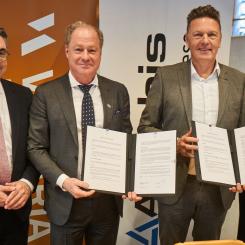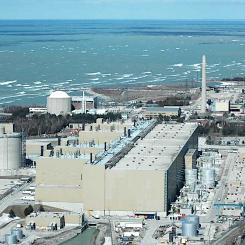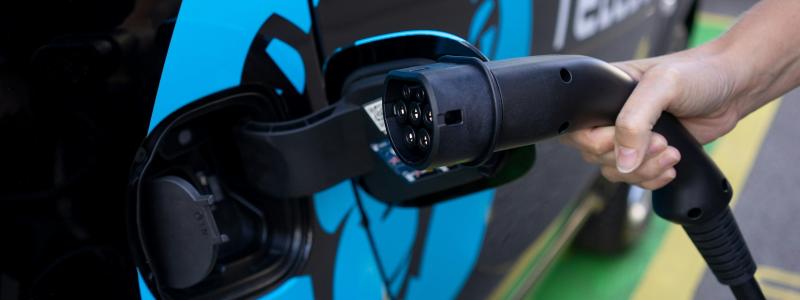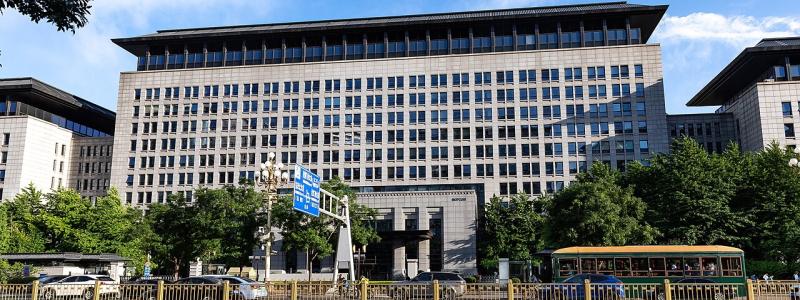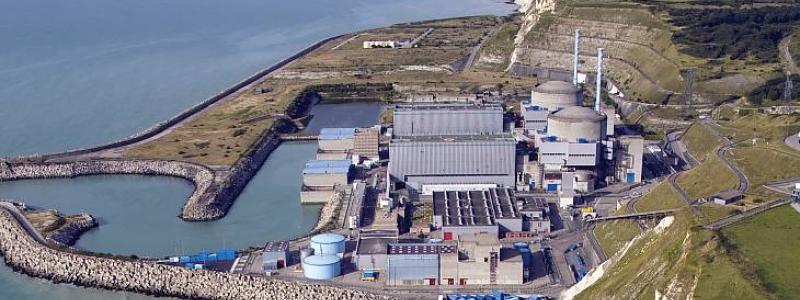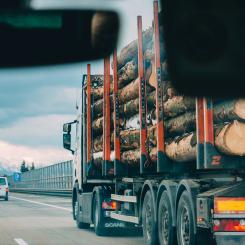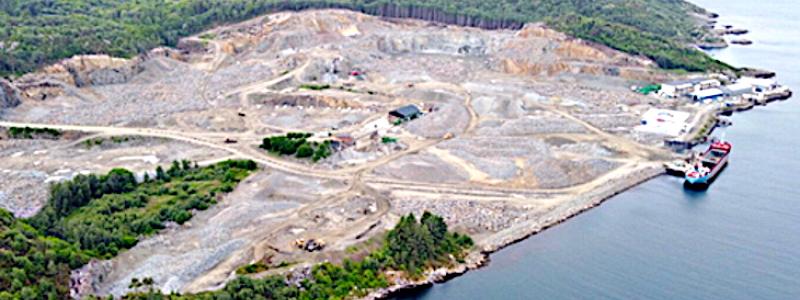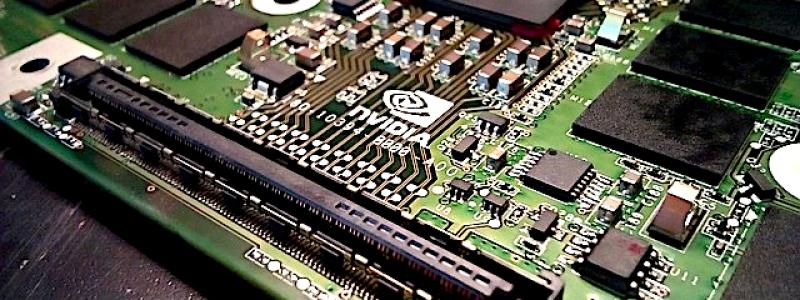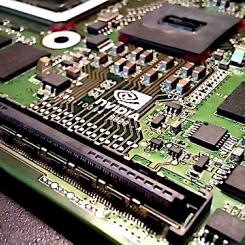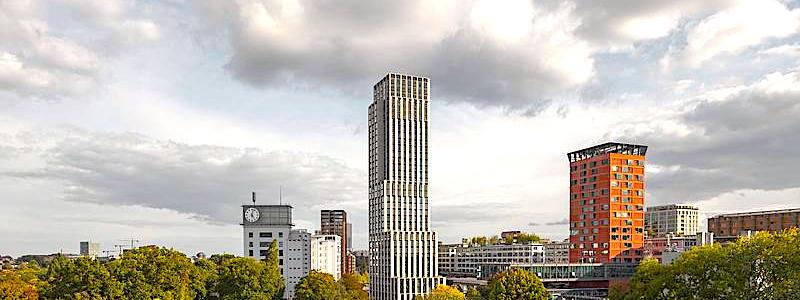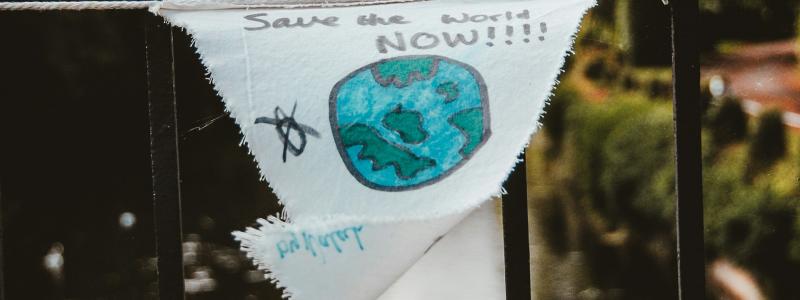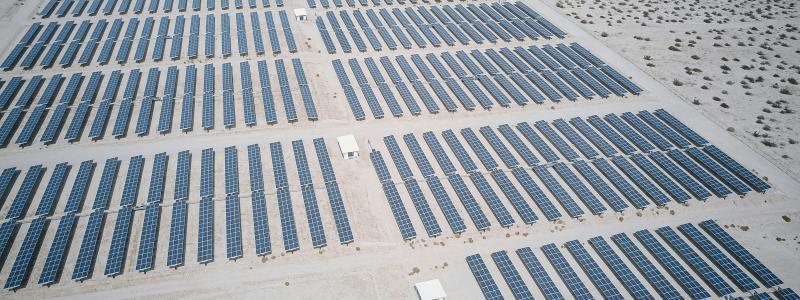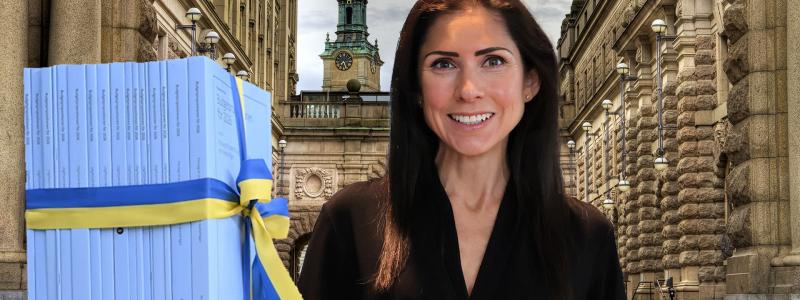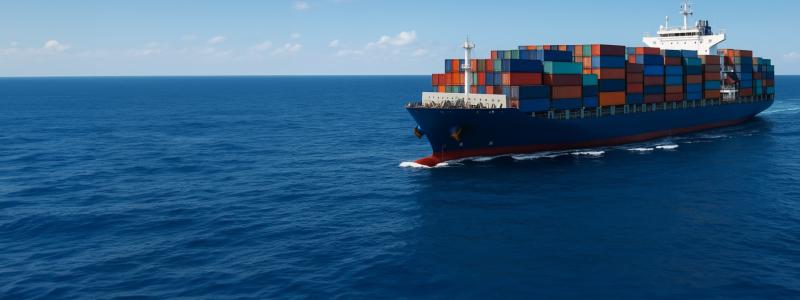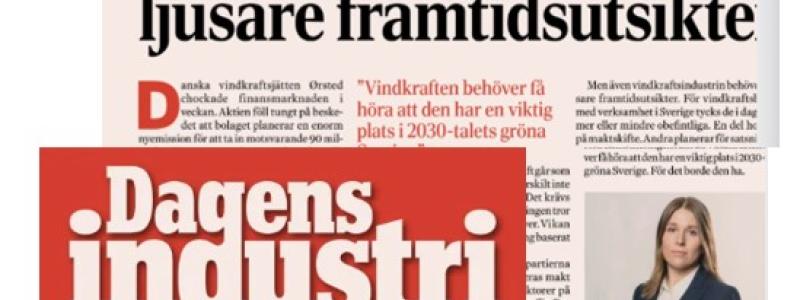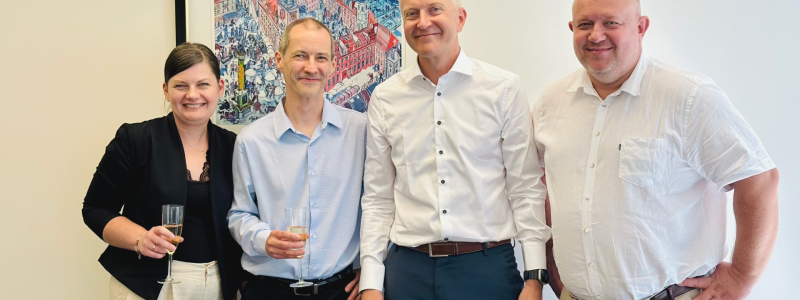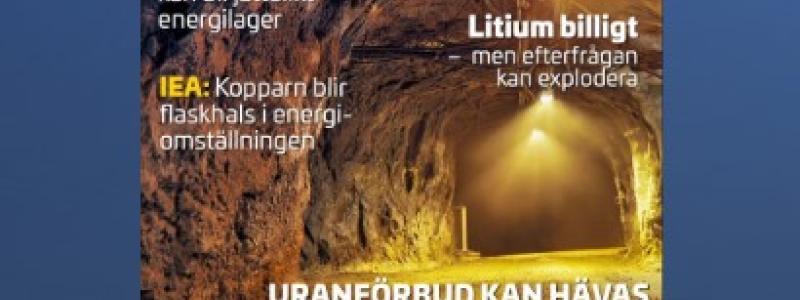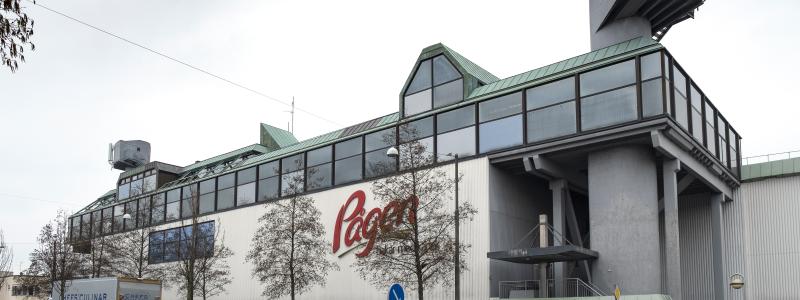It has long been known that exposure of foodstuffs in direct contact with recycled board has posed risks of contamination from elements in the board that may migrate from it. As a consequence, most recycled boards used in food packaging limit their use to "dry and non fatty foodstuffs".
This was thought to be sufficient until recent research by the Official Food Control Authority Laboratory in Zurich has shown that mineral oils used in certain printing inks which have not been fully removed by the recycling process can migrate by "out-gassing" to contaminate certain types of food. Rice, bread and cereals which have large surface areas are particularly vulnerable as they can readily absorb the minute hydrocarbons into their structure. Furthermore, it is known that an accumulation of such chemicals above a certain level, can pose a health risk to animals and by implication humans.
There is however a fundamental lack of data on this subject and according to the BfR, the migration of mineral oils into foods should therefore be minimised. Investigation to identify safe limits for these materials is ongoing.
Recycled cardboard typically contains 300-1000 mg/kg mineral oil. However, it is unknown to what extent foodstuffs are contaminated by the migration of mineral oil from cardboard packaging, and which chemical mixtures that are found in mineral oils are actually involved.
Mineral oil mixtures found in cardboard consist of saturated hydrocarbons and aromatic hydrocarbons. In chemical terms, mineral oil saturated hydrocarbons (MOSH) are chain- and ring-shaped hydrocarbons. Aromatic mineral oil hydrocarbons (MOAH) consist of a complex mixture of predominately alkylated polycyclic aromatic hydrocarbons.
The German Federal Institute for Risk Assessment (BfR) has recommended that action be taken in order to reduce the potential consumer health risk by proposing carton makers use low migration inks or packaging materials with appropriate barriers or inner linings, to prevent migration from potentially contaminated board.
The packaging and printing industry, in co-operation with paper and board recyclers and manufacturers, are therefore taking steps to reduce the quantity of mineral oils in inks and also in the recycled board recovery chain.
As an independent producer of specialist barrier packaging material, Walki Group has been investigating the potential to provide barriers that offer protection against the inherent risks of contamination from mineral oil when using recycled material.
.




